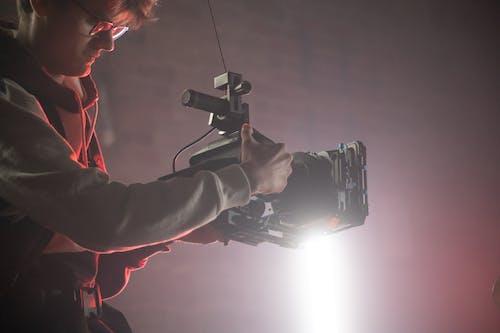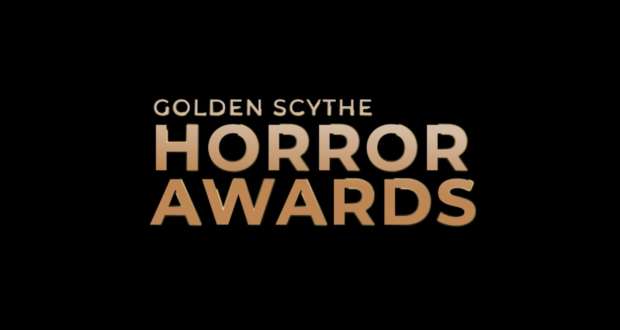Music has been used to entertain us from what feels like the dawn of time. The tone of the music, pace, and even the instruments significantly impact the emotions translated through a movie scene.
Maybe you’re a film buff or want to learn a little more about what makes your favorite movie so great. Understanding how music affects the suspense of a film is a mighty task, but we’ve condensed it into 4 key components.
Drums
Drums are one of the most critical elements of a band. They singlehandedly provide rhythm, pace, and underlying melody. If done right, the drummer will be made crucial.
Throughout the history of drums, their ability to draw an audience’s attention has been unrivaled. A way that drums are used to build suspense is through the use of false crescendos.
You may have experienced being led into the idea that something terrifying, or exciting, is about to happen, only for the predicable smashing climax to result in silence. This effect, primarily used in the horror genre, will eventually lead you into a false sense of security, only to shock you for real!
Dynamics
Dynamics is often the first introduction to musical elements within a movie, as they are impactful in setting the scene. Dynamics in this context are sometimes dubbed, “The Suspenseful Build-Up.”
Dynamics refers to the music’s volume, whether a gradual rise or sudden drop in that volume. A sudden burst of dramatic music is a surefire way to thrill an audience, especially if the visuals on screen are appropriate.
The gradual rise and then sudden outburst essentially replicate the traditional story arch, where we experience a surge in action and an ultimate climax. Following this is the falling action, where the pace slows and we near a resolution, which is echoed in dynamics by a gradual trailing off of sound or silence.
Rhythm
In suspenseful moments, you’ve probably heard some continuous rhythmic pulsing that perhaps mimics a heartbeat, accelerating as you near the scene’s action.
Heartbeat-like rhythms are used so often that you might not even notice them anymore. What’s especially impactful is when you do grow accustomed to a continuous beat, only for it to be dramatically taken away. The sudden silence is purposeful, hoping to instill an unsettled feeling. Scientific research has found that silence, even during conversations, can lead to distress.
Contrast
Another word for contrast is juxtaposition. For example, playing melodic, beautiful music in a scene showing horror will make it even more horrific.
Juxtaposition aims to create a scene that perhaps gives insight into a character’s mental psyche and makes you feel something as an audience member. Contrasting music can build suspense, leading to an uncomfortable, confused feeling.
Movie Magic
Soundtracks shape what we see, as the music urges us to feel something.
Music isn’t the only device used in movies to get you on the edge of your seat, but it’s a significant factor. Next time you give your favorite movie a watch, look out for the musical devices that make it so great.


















